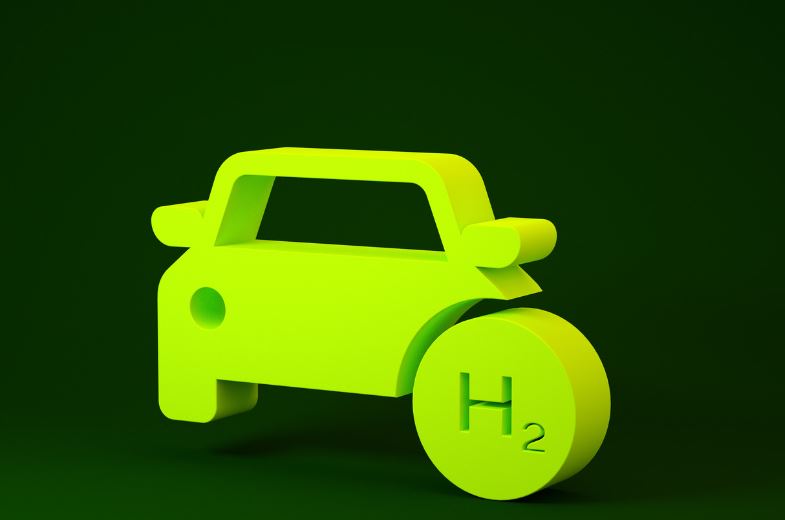Carlos Tavares, the CEO of Stellantis, has thrown a curveball into the electric vehicle (EV) narrative by expressing skepticism about an exclusive future with battery-electric cars.
At the inauguration of the fuel cell factory in Lyon, Tavares openly criticized what he perceives as the European Commission’s coercive tactics to drive consumers toward EVs, dubbing them ‘cruel methods.’ Instead, he envisions a future with hydrogen combustion engines as a viable alternative.
Amid the industry’s predominant shift toward battery-electric cars, Tavares’s remarks add a layer of complexity to the ongoing discourse. Stellantis, the automotive giant overseeing brands like Citroën, Peugeot, Opel, Jeep, and Fiat, is now contemplating the conversion of traditional combustion engines to hydrogen combustion engines, signaling a potential departure from the electric-only trajectory.
Tavares contends that battery-electric vehicles (BEVs) remain significantly more expensive than their combustion engine counterparts, rendering them financially inaccessible for a considerable portion of the population. His stance revolves around providing consumers with choices, fostering competition among various emission-free driving options.
According to Tavares, there are four contenders in the race for emission-free driving: fuel cells, BEVs, hydrogen combustion engines, and traditional combustion engines running on synthetic fuels. Stellantis aims to explore these options to determine the most suitable solution for the public in the years to come.
Stellantis’s distinctive approach involves investigating hydrogen combustion engines that utilize liquid hydrogen, a departure from the more common gaseous form used in fuel cell vehicles. Liquid hydrogen, stored at -253 degrees Celsius, offers the advantage of higher storage efficiency, accommodating 75 percent more fuel in the same space. The liquid form also eliminates safety concerns associated with high-pressure gaseous hydrogen.
As Stellantis embarks on this exploratory journey, the automotive industry watches closely to see if hydrogen combustion engines could indeed emerge as a credible alternative to the electric wave. Despite the challenges, the prospect of expanding emission-free driving options and fostering healthy competition in the sustainable mobility landscape is a narrative that might gain traction in the coming years.
